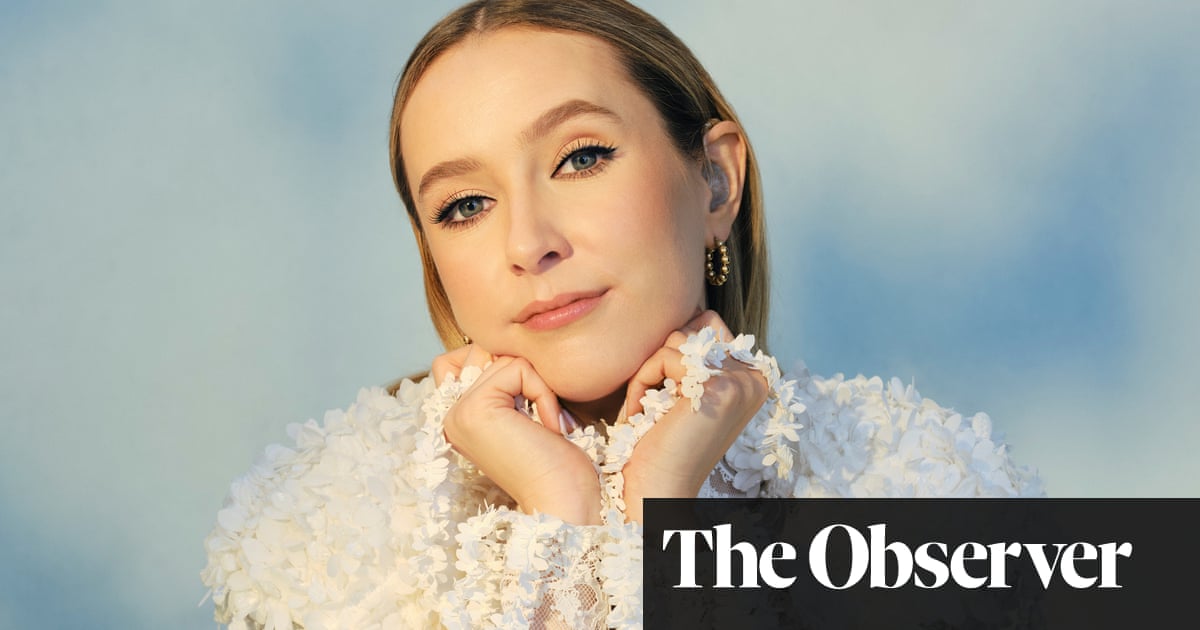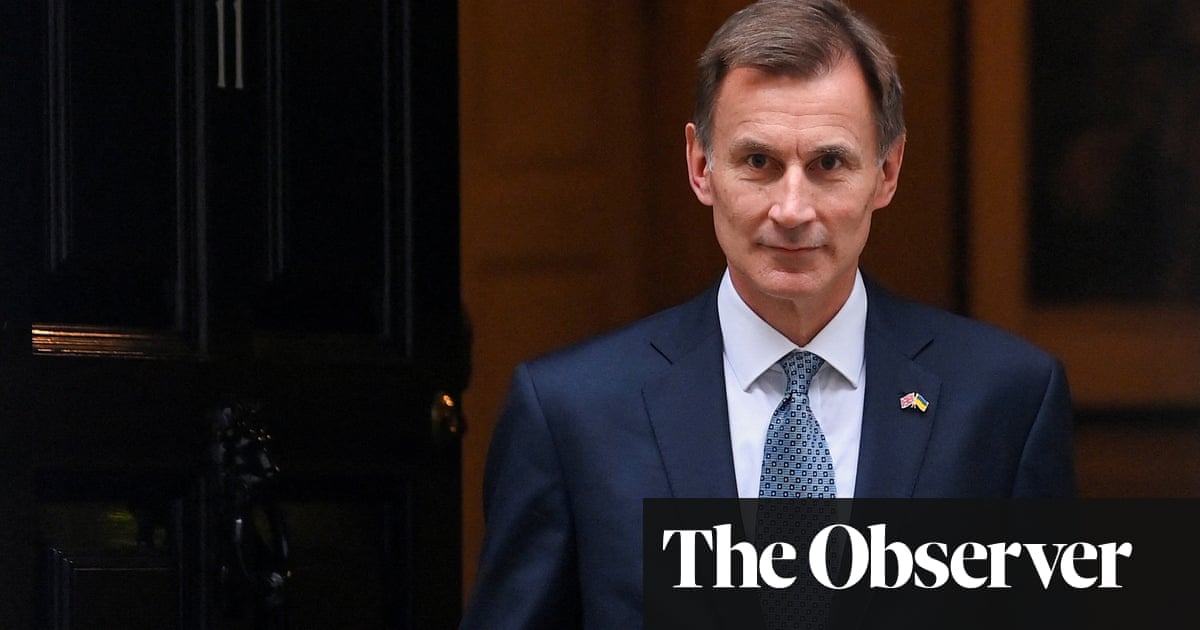
Deafness has long been interpreted, incorrectly, as total silence. As such, Deafness and music are also wrongly seen as things which are incompatible with one another. Everyday language such as “tone deaf” doesn’t help, nor does a lack of representation when it comes to deaf people in music and dance. However, Rose Ayling-Ellis may be about to challenge misconceptions on a major scale, as the first deaf contestant on Strictly Come Dancing.
Ayling-Ellis, who plays Frankie Lewis in EastEnders, has said that appearing on the show is: “exciting and a little bit scary … I hope I will do the deaf community proud and break down more barriers.”
One of those barriers is the idea that music – and indeed, dance – is just about sound. Deaf percussionist Evelyn Glennie, who plays the drums by sensing the vibrations, famously dispels that myth. As do I, by using timing and rhythm to guide me when I play instruments. In the world of dance, Chris Fonseca wowed the judges on BBC’s The Greatest Dancer, before going on to choreograph a group of deaf and hard of hearing dancers for a music video. Deaf people can do anything. And yet there is still more to do when it comes to challenging the attitudes that prevent us from entering certain industries, making Ayling-Ellis’s appearance on Strictly so significant.
Many disabled people argue that it is these societal barriers which disable us, as opposed to conditions themselves. As the disability equality charity Scope puts it: “Barriers can be physical, like buildings not having accessible toilets. Or they can be caused by people’s attitudes to difference, like assuming disabled people can’t do certain things.”
We’ve already seen how Strictly can change attitudes, too. When YouTuber Joe Sugg – brother of Zoella – appeared on the show in 2018, a whole new audience was introduced to the world of online influencers. He won over the hearts of viewers, as he was voted all the way to the final. Since then, he’s had a starring role in the West End musical, Waitress. What’s not to say the same can happen with perceptions of deafness and disability?
However, we have to be clear that Ayling-Ellis being on Strictly is not incredible news “despite” her deafness. “Despite” frames deafness as the barrier, which is wrong for the reasons already stated. Our disabilities aren’t what we need to overcome in order to succeed, it’s non-disabled people being willing to make reasonable adjustments in order to level the playing field (and, in the context of Strictly, having good scores from the judges and winning over the public).
It is important, too, to bear in mind the term “inspiration porn”, coined by the late, great disability activist Stella Young. “I use the term porn deliberately, because they objectify one group of people for the benefit of another group of people,” she said. “So in this case, we’re objectifying disabled people for the benefit of nondisabled people. The purpose … is to inspire you [and] to motivate you.”
Let Ayling-Ellis inspire the next generation of deaf young people – and I have no doubt that she will – but don’t let her efforts inspire you as hearing people.
Instead, let them motivate you to take down the barriers stopping other deaf people from following her in her footsteps – perhaps rather literally.
Liam O’Dell is a deaf journalist and campaigner












